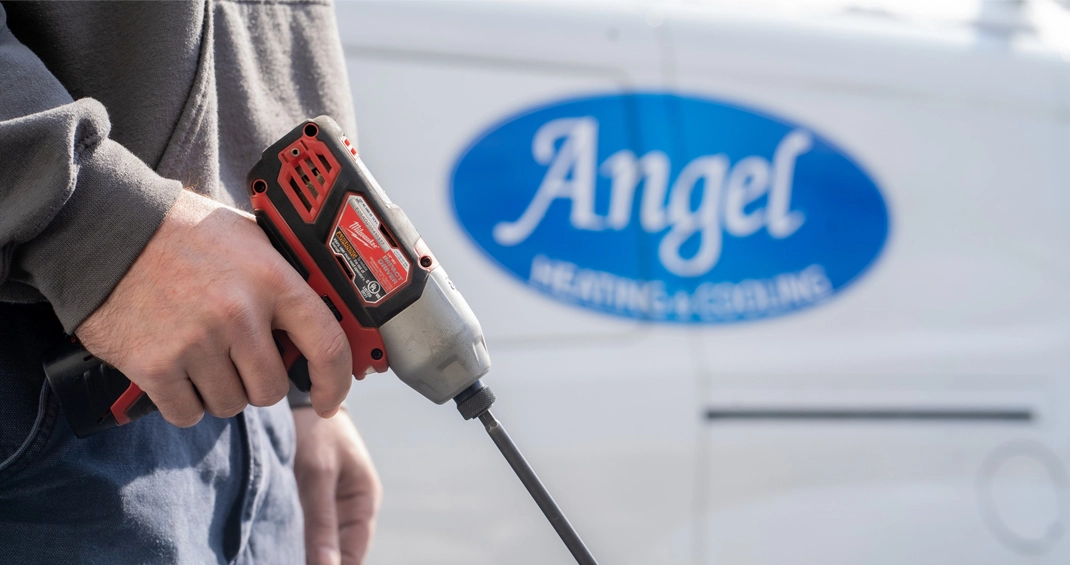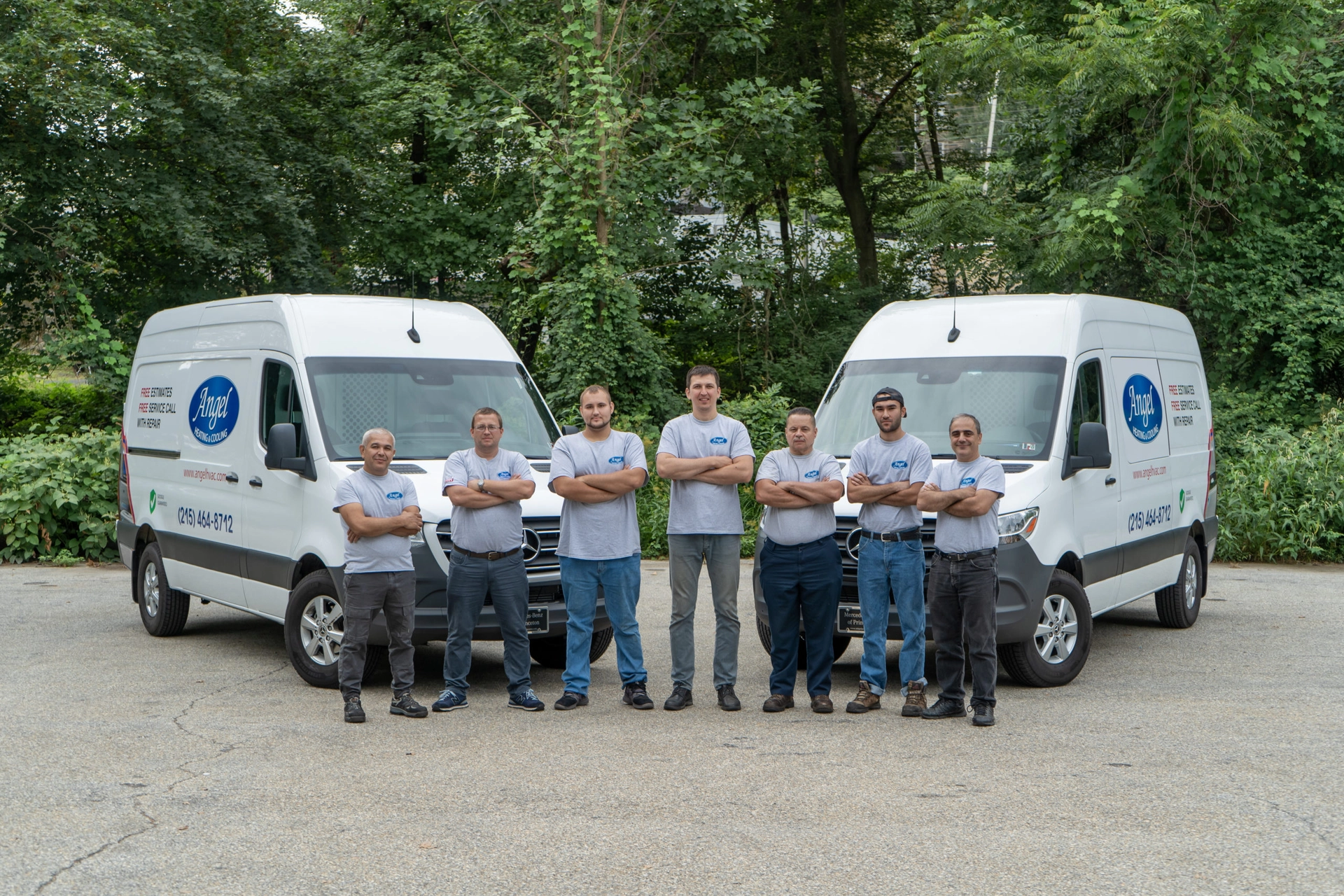The Signs of a Failing Boiler
Homeowners typically don’t pay attention to their boiler until it malfunctions. However, there are specific warning signs that can indicate that your boiler is nearing the end of its lifespan. To avoid a sudden breakdown, watch out for the following indications. If you observe any of these symptoms, get in touch with Angel Heating & Cooling for a boiler replacement in Southampton:
Unusual sounds: Boilers aren’t 100% quiet all the time, but they should not be making loud, unusual noises. If you hear hissing, banging, or other strange sounds coming from your boiler, it could indicate an internal problem and mean a replacement is necessary.
Frequent repairs: Boilers demand periodic maintenance to ensure their smooth operation, but that doesn’t imply they require frequent repairs. If you find yourself having to contact a technician several times in a brief duration, it could imply that your boiler is approaching the end of its lifespan.
Leaking water: Boilers produce steam by heating water, resulting in a slight amount of condensation, which is normal. However, if you observe substantial water leakage from your boiler or notice pools of water forming around it, it is probable that a significant issue exists, and you might require a boiler replacement.
Rising energy bills: An aging boiler may not be as efficient as it used to be and could require more energy than normal to keep your home warm. If you’ve noticed a sudden spike in your heating bills, it could mean your boiler is no longer operating at optimal efficiency and needs replacing.
No hot water: A common indication that your boiler requires replacement is the absence of hot water production. If you’re experiencing a dearth of hot water or unusually low temperatures, it could be a sign that your boiler needs replacement.
Older than 10-15 years: Boilers generally have a lifespan of approximately 10-15 years. If your boiler has surpassed that age, it might be prudent to contemplate a replacement. Older boilers tend to be less efficient and often necessitate more maintenance than newer models.







